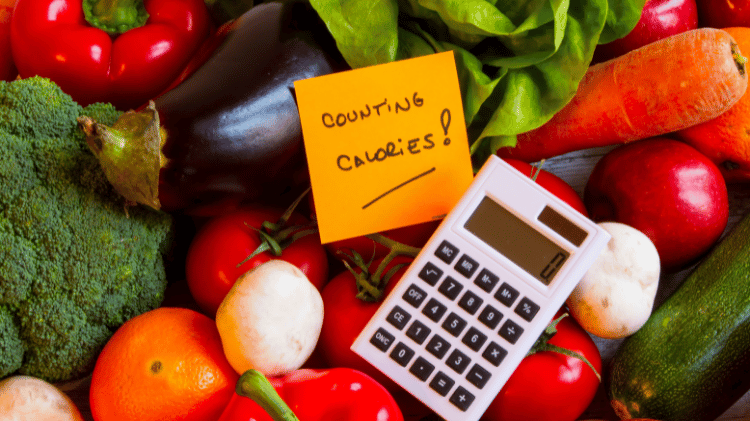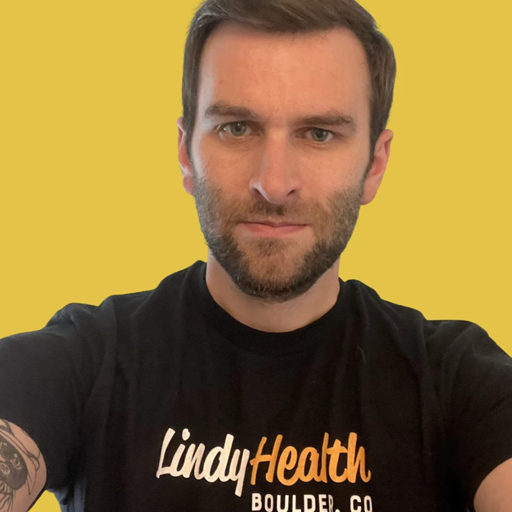In the article you are about to read today, you will learn the importance of how calorie intake may affect weight gain versus how you can also lose weight.
What Are Calories?
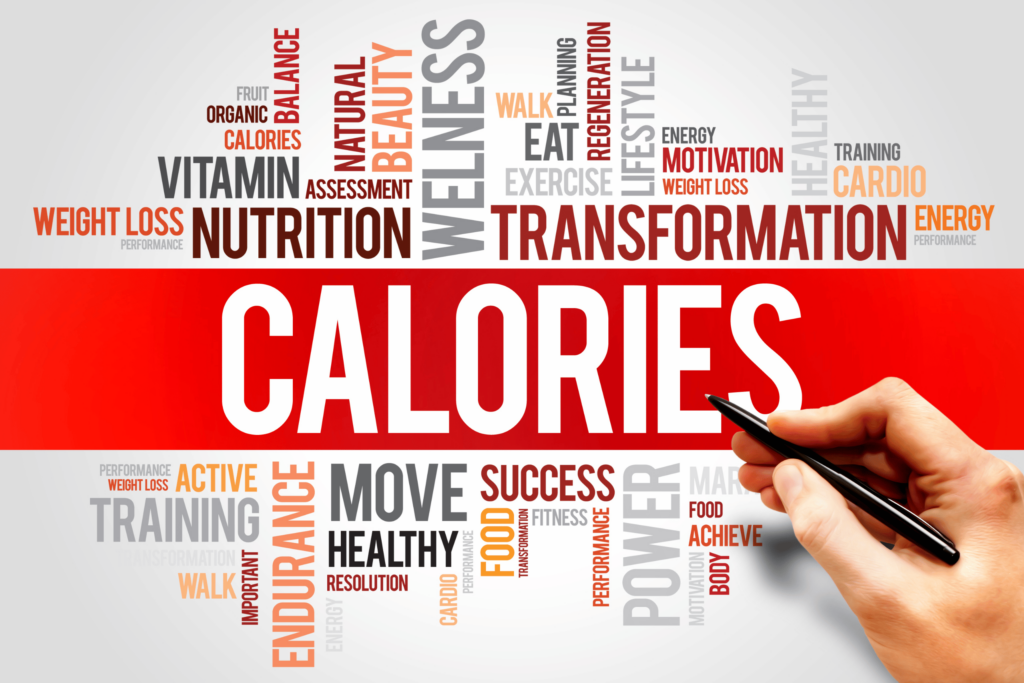
Calories are in almost every food item we consume; they are a unit of energy. Go ahead and grab anything edible that you may have purchased from the store, and look on the back for the calorie label. The higher the calorie number, the worse it is for you to consume.
By doing things such as exercising, walking, eating the correct amount of calories, and more, you can ‘burn off those calories.
‘Calories in, Calories Out
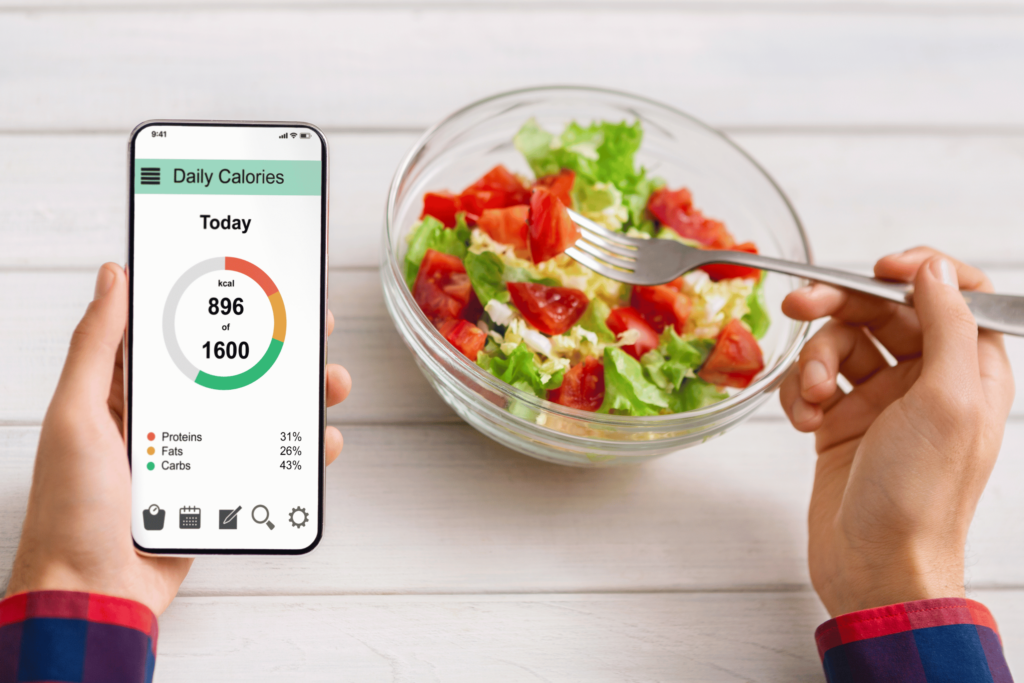
The meaning behind the logic of “calories in, calories out” is that the number of calories that you consume needs to match the number of calories that you fork.
Metabolism (BMR): Metabolism refers to how your body takes calories and turns them into energy. Some others have what is known as a ‘fast metabolism’; this means that they can burn off calories faster than others.
In the end, everyone has a metabolism; some work slower or faster than others.
Your body naturally burns 2,000 calories daily based on your (BMR). For example, you consume 2,000 calories a day for seven days straight. In those seven days, you do nothing, sit on the couch, and do nothing related to exercise.
By the end of those seven days, your body will not lose fat. Now let’s say you did some exercise and burned 500 calories per day, then within the end of the week, you would lose one pound of fat because your body burned more than 500 calories per day than you consumed.
Digestion: When your body goes through digestion, it gets rid of excess weight. Calories are burned off during this time, but it is minimal.
Physical Activity: When doing things such as exercise, walking, and more body movements, your body will start to burn off calories.
Weight Loss and Calories
To lose weight, you need to eat fewer calories than you burn.
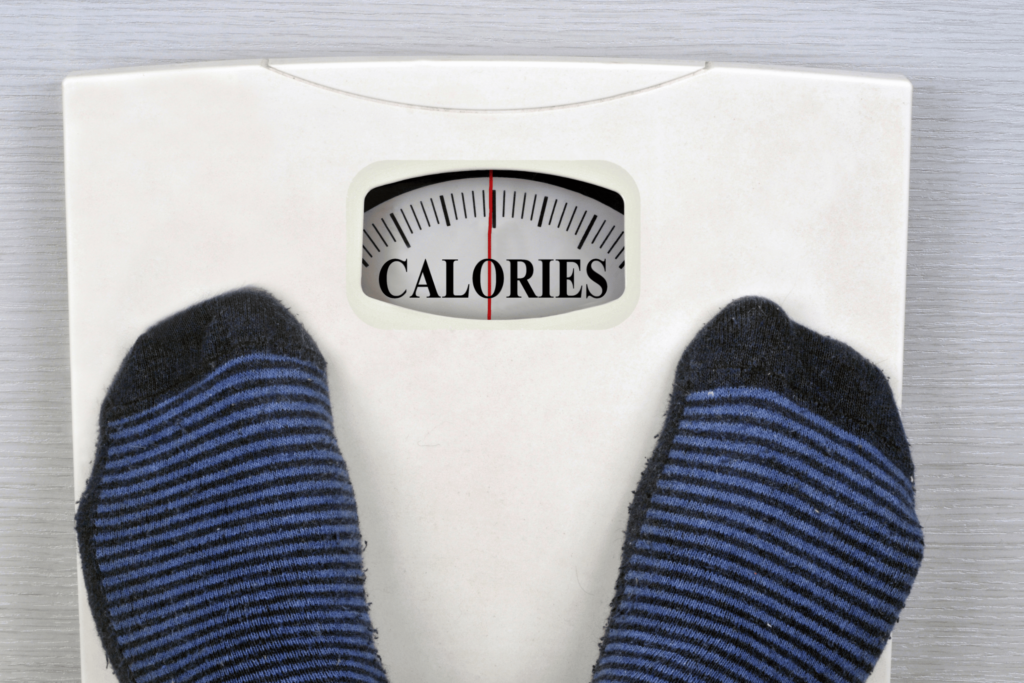
The excess calories you consume will be stored as fat by your body when you receive the healthy amount of calories your body needs.
According to some studies, the calorie content of your diet does not matter for weight loss, indicating that what you consume matters more than how much you drink.
To estimate calorie intake, dieters who claim low-carb diets help people lose weight despite eating the same amount of calories frequently rely on diet journals.
Even though nutrition professionals fill out diet journals, they could be more accurate.
More importantly, some studies need to mention whether weight loss was caused by muscle, fat, or water loss, only the overall amount.
Some diets may lose more fat than others because they affect muscle and water differently, but this is only partially accurate.
A calorie deficit is the only factor capable of consistently causing weight loss when these factors are controlled for. This is true whether your calories come from fat, carbs, or protein.
The Source of Calories
Different foods can affect your hormone levels in different ways.
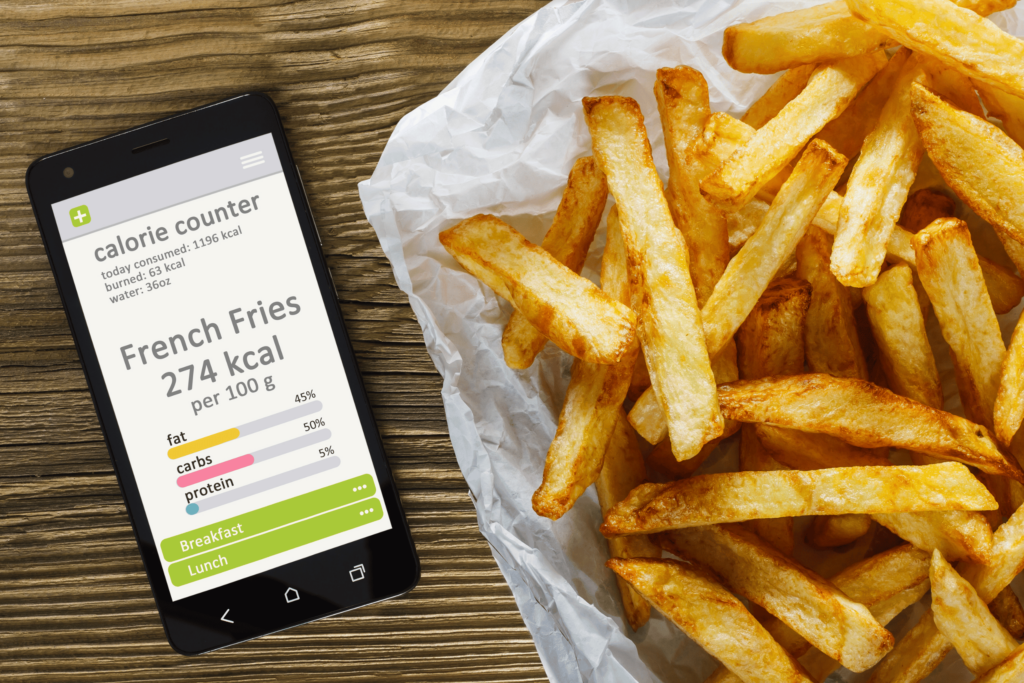
The levels of blood sugar, triglycerides, and LDL (bad) cholesterol are higher in people who consume too many added fructose calories than people who consume the same number of calories from glucose. Fruit contains natural fructose, fiber, and water and does not have the same adverse effects as sugar.
You can also experience changes in your hormonal levels based on the type of fat you consume in your diet.
Calories and metabolism
You are affected by food differently depending on what you eat. Digesting, absorbing, or metabolizing some foods requires more effort than others. TEF (thermic effect of food) is used to quantify this research.
Foods with a high TEF require more energy to digest.
Nutrient Density
Nutrient content per calorie varies significantly from food to food.
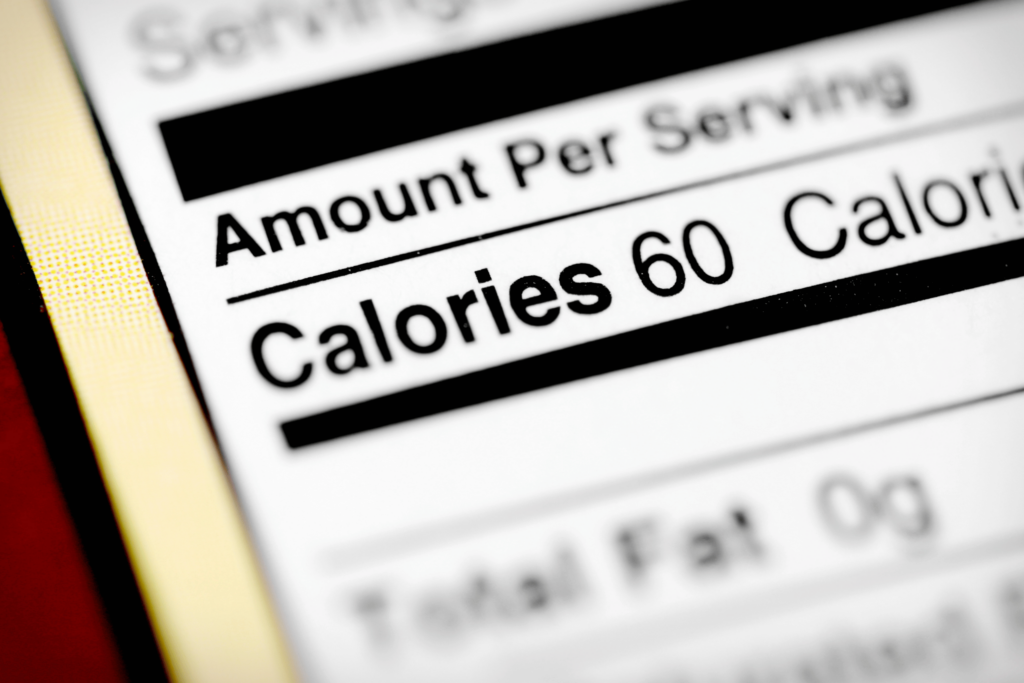
Compared with less nutritious foods, nutrient-dense foods contain a more significant amount of vitamins, minerals.
As an example, fruits are much more nutrient-dense than cakes. As far as vitamins, minerals, and plant compounds go, fruit provides a much more significant amount of vitamins and minerals per calorie than most other foods.
As well as vegetables, whole grains, meats, fish, and dairy products, nutrient-dense foods include whole grains, legumes, meat, fish, and poultry.
It has been consistently shown that eating nutrient-dense foods reduces the risk of chronic diseases, including heart disease and diabetes, and may even lengthen your life. You can’t rely on the “calories in versus calories out” model when it comes to your health because it doesn’t consider nutrient density.
Conclusion
All in all, the term “calories in, calories out” is essential when one loses weight.
The only way to lose weight is to eat fewer calories than they burn.
We want this article to speak to people struggling to understand how dieting and calorie intake work. As stated before, you can eat what you desire.
This could consist of you eating twelve cookies in a day. It may not be nutritional or rational, but the bottom line is you won’t gain or lose weight if it is in your daily calorie range.
Look for food containing nutrients and protein that will help you feel full.
Everyone’s weight loss journey is different. Remember to do your research and listen to your body.
- Peter MD Review 2024 – Is it a Good TRT Option? - February 27, 2024
- 5 Best SARM Companies - February 1, 2023
- Movement, Exercise, and How to Make it Stick - January 11, 2023



